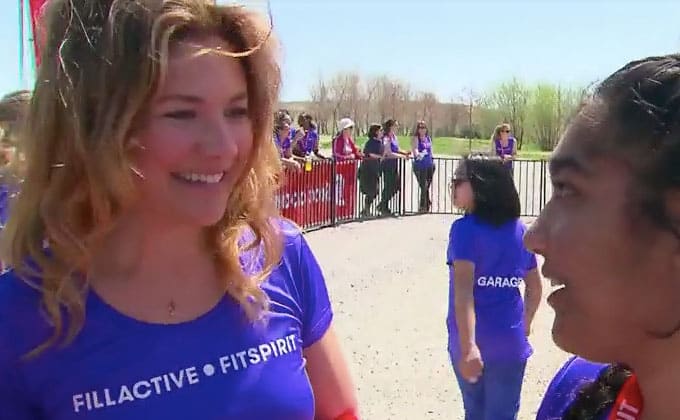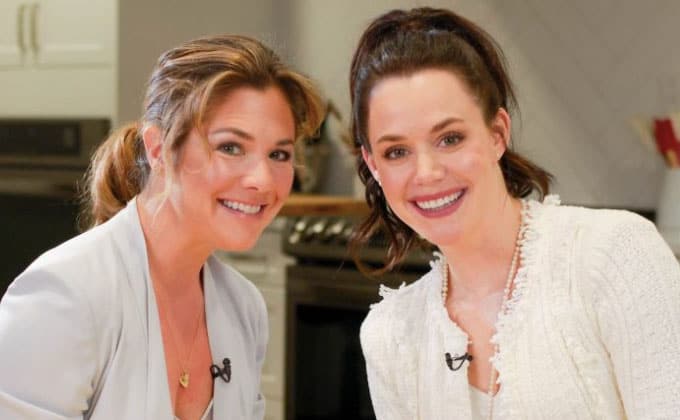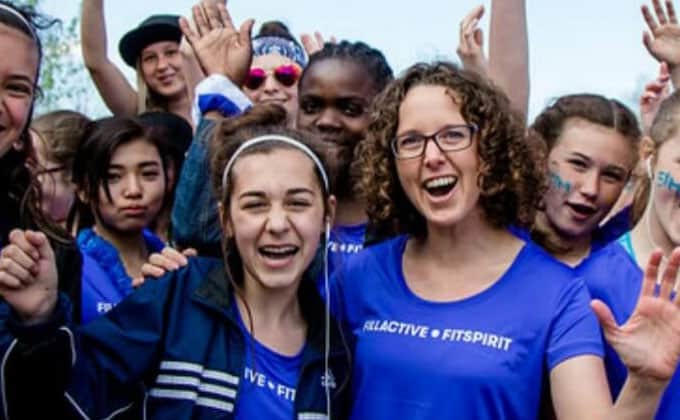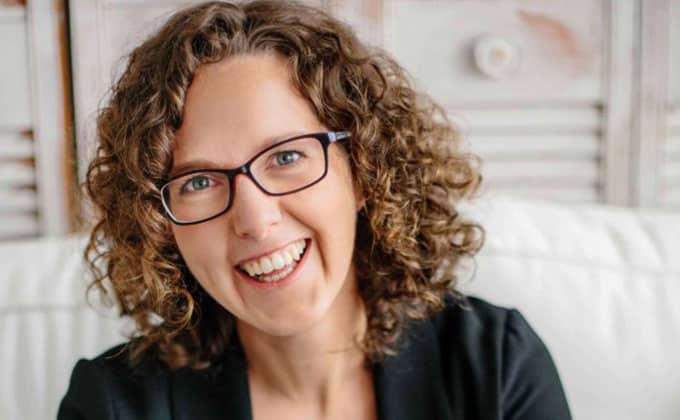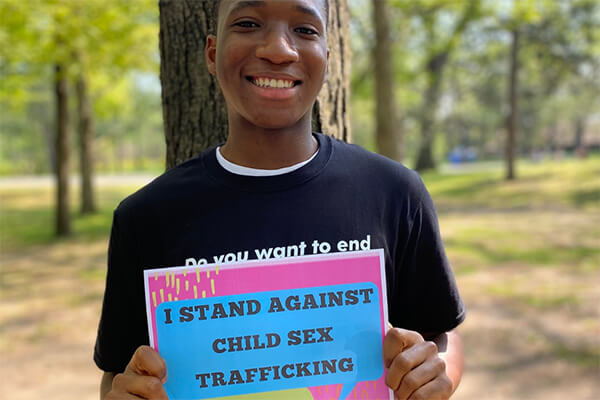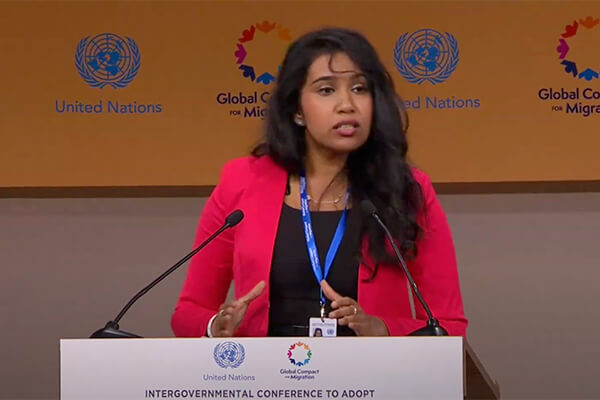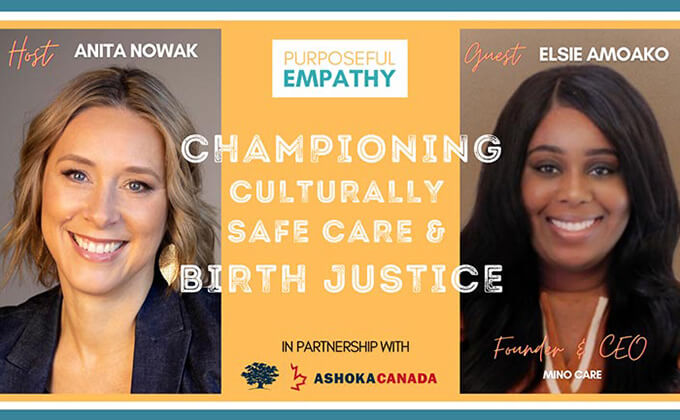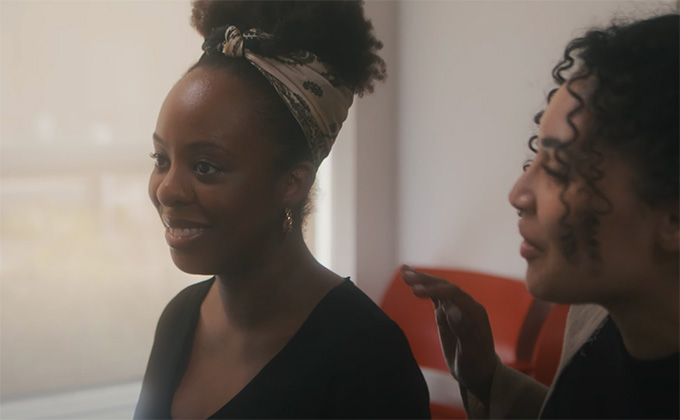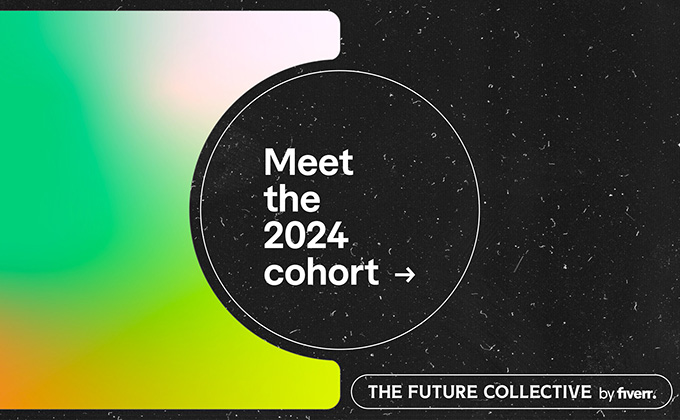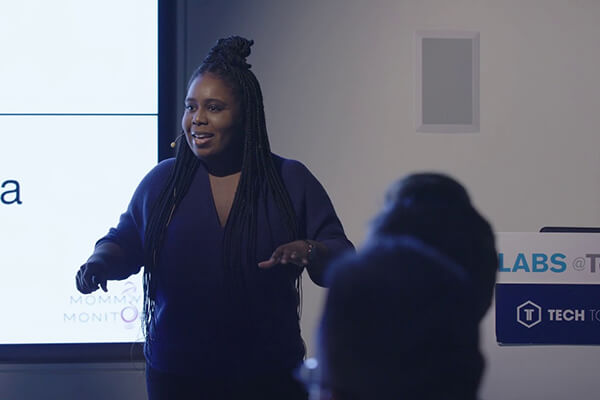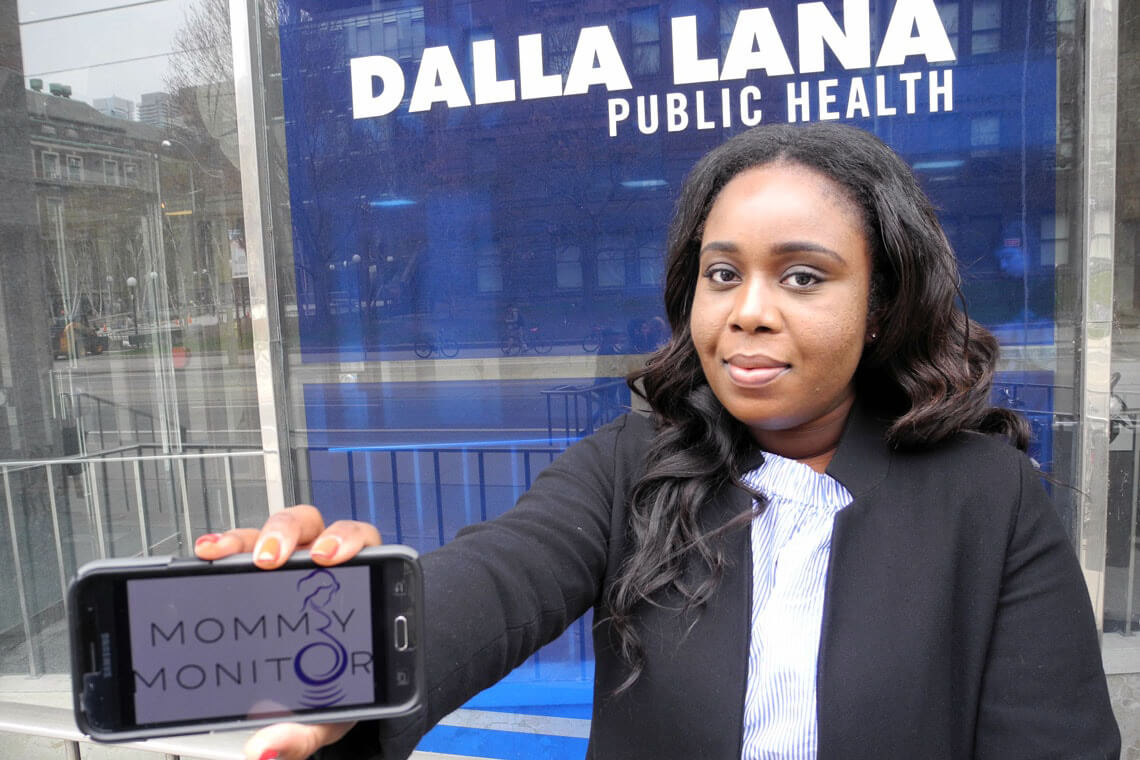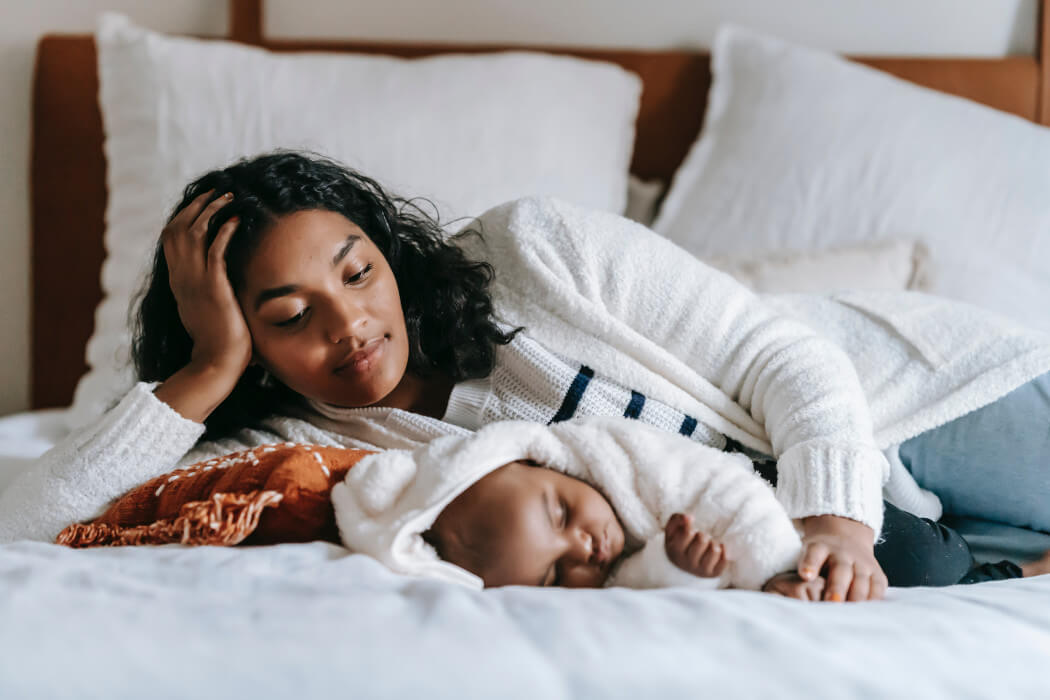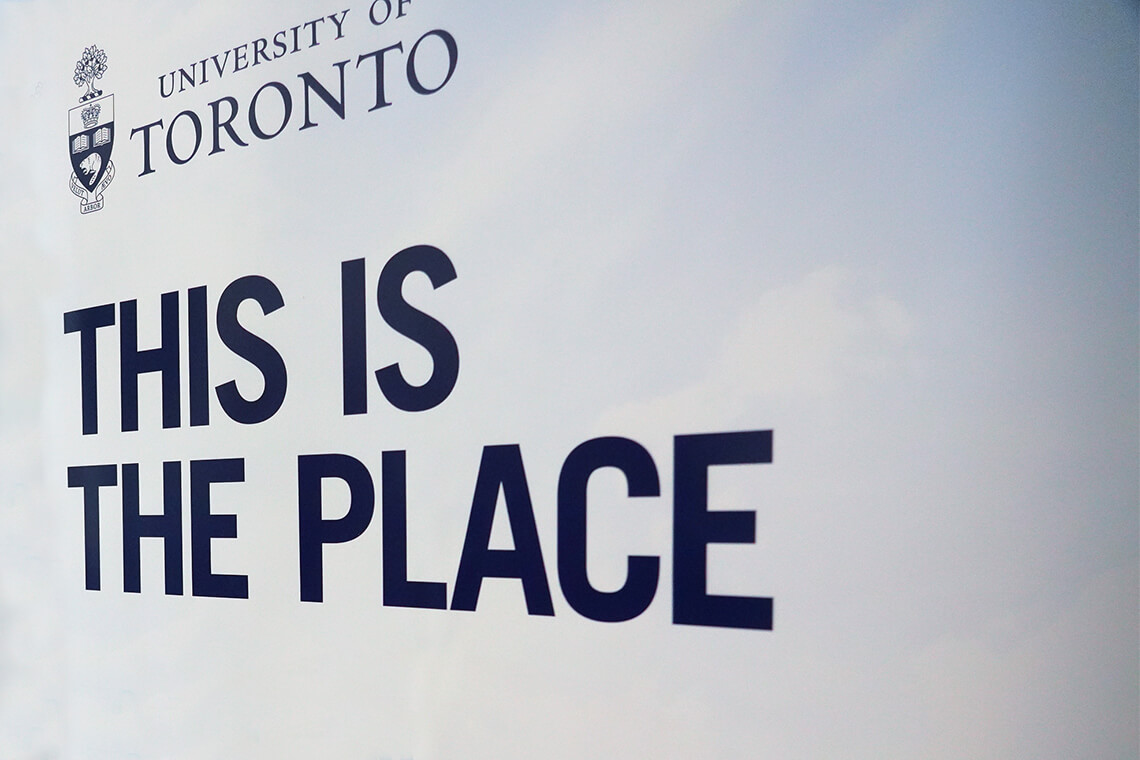OneChild founder and CEO Cheryl Perera is helping to build a world where children can understand, exercise, and protect their universal rights to live free of sexual exploitation.
Prevention focused, survivor informed, youth empowered: OneChild is empowering children and youth to lead the fight against sexual exploitation.
One child exploited is one child too many
Children and youth are the — often under-recognized — experts in their own lives. Empowered with the right information, training, and support, young people can create and drive solutions to the problems that plague them.
Those are the premises behind OneChild, which provides young changemakers with the resources to combat the sexual exploitation of children (SEC) around the world.
For OneChild founder and CEO Cheryl Perera, it’s an approach that stems from her own youth activism. She founded the organization in 2005 at the age of 19, after learning about SEC through a high school project. In her native Sri Lanka, Cheryl acted as a decoy — a 15-year-old girl exploited in the sex trade — in a sting operation that ended in the successful apprehension of a child sex offender.
Today, OneChild empowers children and youth to take action against SEC through preventive education, advocacy and mobilization, and survivor empowerment. The organization has reached more than 81,000 people in 11 countries.
In Canada and the US, for example, OneChild’s youth-led school prevention education and leadership workshops teach elementary and high-school students to recognize the signs of child sex trafficking and ask for help. Students learn how to plan actions to combat SEC in their communities and around the world. Since 2005, OneChild has reached more than 37,000 youth. Nearly 90% of students who have taken part in its workshops report that they know the warning signs of SEC and how to spot a victim. More than 55% report that they’re prepared to take action on the issue after just one of OneChild’s presentations. OneChild provides students with resources to support continued learning, designated action campaigns, and mentorship to be agents of change.
Youth who are particularly passionate about the issue can join the Youth Advisory Squad, where they receive year-long, in-depth changemaker training on SEC. OneChild brings its youth activists to the table in policy dialogues with government and industry. For instance, it partnered with companies such as Air Canada to develop the first nationwide awareness campaign on exploitation and trafficking in travel and tourism — an effort that united airports, travel agencies, airlines, and consulates, ultimately reaching millions.
OneChild also provides training for parents, educators, community groups, faith communities, corporations, and law enforcement on understanding SEC and their role as allies in the fight against it.
Cheryl has been distinguished as a World Economic Forum Young Global Leader, and as one of Canada’s Top 100 Most Powerful Women. In March 2020 she was appointed to the Order of Ontario, the province’s highest civilian honour. She continues to fight tirelessly to build young people’s capacity to protect themselves and their peers in the global fight against sexual exploitation.
OneChild
@OneChildNetwork
Building the infrastructure for birth justice in the Black community.
Elsie Amoako’s Mino Care supports black birthing persons and families to learn about and protect their rights — and each other. Mino Care links Black birthing persons with Black and allied birth professionals — like midwives, doulas, and pelvic floor therapists— and is building frameworks for Black families to access healthy, equitable, and culturally safe birthing care.
A platform for Black maternal health
Giving Birth While Black: It should be an intense, joyous, safe, and supportive process. For too many African, Caribbean, and Black (ACB) parents-to-be, though, pregnancy, birth, and postpartum care can be sites of trauma. What’s more, Canada lacks strong data to support research into best practices and policies to support ACB moms and birthing people.
Researcher and advocate Elsie Amoako aims to change all that. Her organization, Mino Care, is transforming pregnancy, birth, and postnatal care for Black and racialized communities in Canada — with the goal of building a better and more just birth system for everyone.
For example, research suggests that Black women and birthing people fare better when they are supported by professionals from the same racial background. Mino Care is developing an ever-expanding network of Black birth professionals — from obstetricians, midwives, and doulas to pelvic health specialists, lactation consultants, therapists, and more — who can serve Black clients in a culturally safe manner. She’s created partnerships and leveraged funding so that these services can be made available to all Black parents, specifically those who would otherwise not be able to afford them. As a result, Mino Care is increasing demand for Black birth professionals while incentivizing more racialized professionals to enter the maternal healthcare workforce.
Mino Care also focuses on education, providing birth justice workshops to help Black parents and parents-to-be understand their rights and navigate the healthcare system.
Elsie has been working with partners in Black birth work to develop a certified, university-accredited, social-competency birth curriculum for new and existing birth professionals, however this has been delayed due to limited funding. The organization convenes an annual, national conference- MinoFest: The Racialized Reproductive and Maternal Health Conference; which since 2018 to 2023 (not including 2020 & 2021) , has brought together more than 2000 government, civil society, community, and healthcare stakeholders to build support for integrating racialized care into provincial and federal health policy — work that is leading to the development of Canada’s first Black Maternal Health policy group.
Through all these activities, Mino Care addresses the dearth of race-based data on pregnancy and birth outcomes in Canada. The organization is building the credibility to ethically collect data from the communities it engages, which will help to provide the information we need to create effective policies and programs to support Black maternal health.
In its first year – 2019 — Mino Care reached over 400 Black parents in Ontario. Elsie plans to launch a Mino Care app to connect ACB maternal health providers with clients and community members. Longer-term, she hopes to introduce predictive technologies that can anticipate and prevent health crises for Black parents-to-be.
“For me,” she says, “this is about ensuring that we have a legacy, that we are normalizing the experience of culturally safe and accessible maternal care and creating a positive impact in the lives of Black women and birthing persons globally.”
